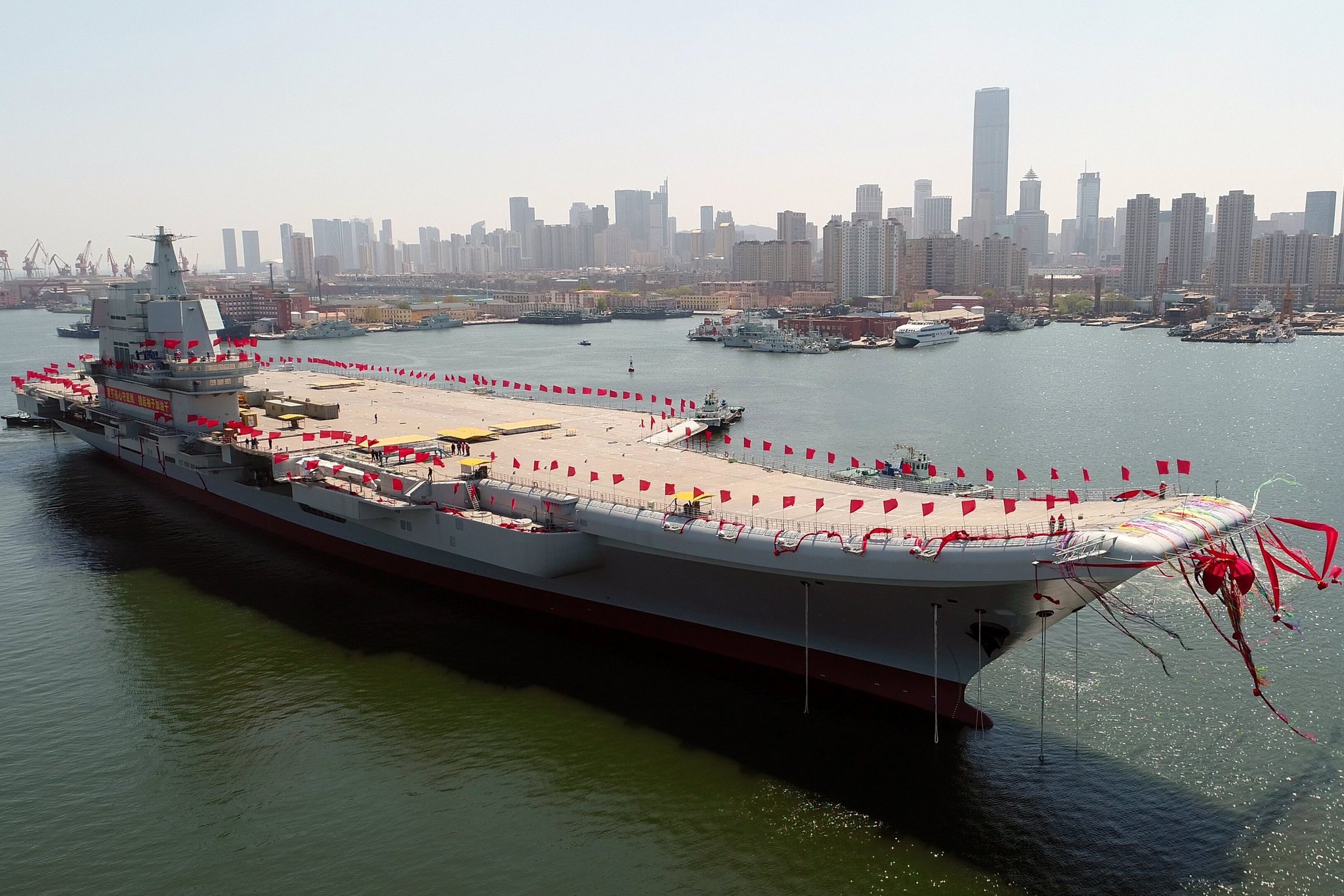Look What’s “Made In China” Now
SEA POWER … You can officially slap the “Made in China” label on something else &#You must Subscribe or log in to read the rest of this content.
SEA POWER …
You can officially slap the “Made in China” label on something else &#
